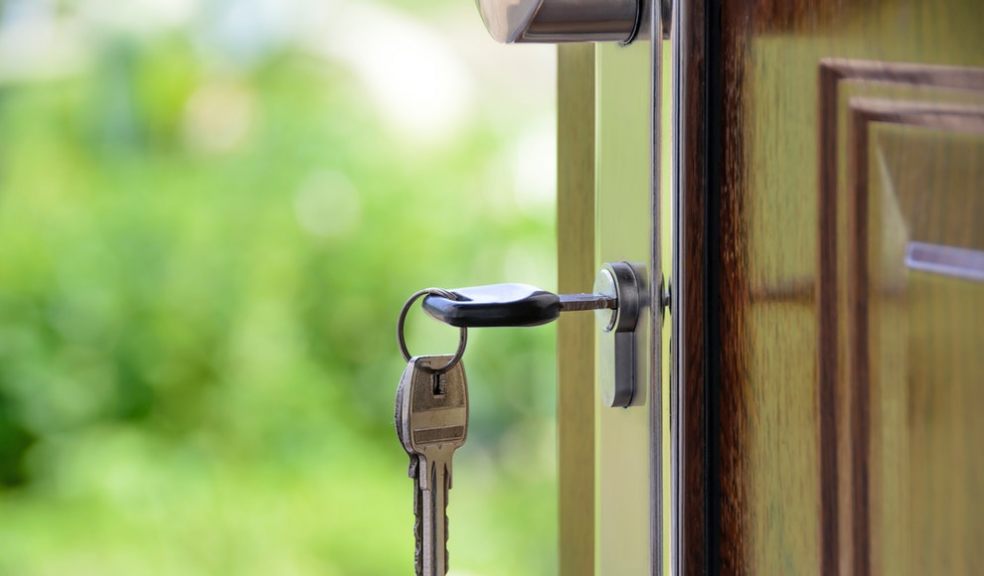
The effects of the stamp duty holiday on house prices in the UK
Buying a house is regarded as one of the most important milestones in one's life. Most people do not want to live in a rented house for the rest of their lives. It is typical for retirees to live in their own houses. The UK Government wanted to capitalize on this popular habit and introduced a temporary raise in stamp duty from £125,000 to £500,000. This move meant that you could purchase a house for less than £500,000 without paying stamp duty. It was a tactic aimed at getting people to buy houses. Stamp duty is added to the initial cost of a house making it even more expensive to purchase a house. To ease this burden, a stamp duty holiday was introduced.
Definition of stamp duty holiday and why it was introduced
At the height of the 2020 COVID-19 pandemic, many sectors of the economy were affected. Some people lost their jobs hence their purchasing power was reduced. To ease up on the high costs of houses in the UK, Chancellor Rishi Sunak introduced the stamp duty holiday on 8th July 2020. A stamp duty holiday exempts a person from paying stamp duty when they purchase property at a certain cost. With the stamp duty holiday in place, people could afford to buy houses cheaply.
The stamp duty holiday would not apply if you bought a house that cost at least £500,000. Previously, a person buying a house valued at £500,000 would pay a stamp duty of £15,000. With the stamp duty holiday in place, they will now save £15,000.
Timeline for the stamp duty holiday
Initially, the tax relief measure was supposed to end by 31st March 2021; so that the previous tax rates would be returned. The period has since been extended to 30th June, 2021. Here are the tax rates that will begin to be effected as from 1st October 2021:
• £0-£125,000 = 0%
• £125,001-£250,000 = 2%
• £250,001-£925,000 = 5%
• £925,000-£1,500,000 = 10%
• £1,500,000+ = 12%
The stamp duty is worked out by calculating the percentage of the house cost. Potential buyers have still some time to purchase that £500,000 house without paying 5% of the amount as stamp duty.
The wider effect of the stamp duty holiday
The tax relief measure saw the rise of more house constructions from June 2020. House builders concluded that more people would purchase houses to benefit from the tax waiver. From September onwards that year, more people started buying houses faster than before. With the stamp tax holiday in place, people would use their savings to buy even more houses. Other people could use the tax waiver to start their businesses. With businesses in place, the UK economy will stabilize since they pay taxes.
Another effect noted was the rise of people moving out from rented apartments. The total cost of living in a rented house is more expensive than living in a purchased house. People saved up and bought houses so that they could take advantage of the tax waiver. On the other hand, landlords began to lose their income as a result of the stamp duty holiday.
Gradually, the cost of purchasing a house began to increase because of the high demand. People slowly couldn't see any positive thing about the tax relief. With house owners increasing the buying prices of their houses, many UK residents were shied away from buying them. House owners were no longer selling their houses as quickly as they thought they would.
Lastly, the tax measure saw more people buying houses at £500,000 as opposed to the ones that cost £125,000. Think about it: who would purchase a cheap house when you can purchase one at a higher cost without paying any stamp duty? However, this trend may end when the stamp duty rates are returned to normal.
Conclusion
Even though there have been unintended effects of the stamp duty holiday, one cannot deny its usefulness. It gives people enough time to plan to buy houses cheaply. However, the move only benefits you if you are at the right place at the right time. This tax waiver cannot benefit a jobless person.













